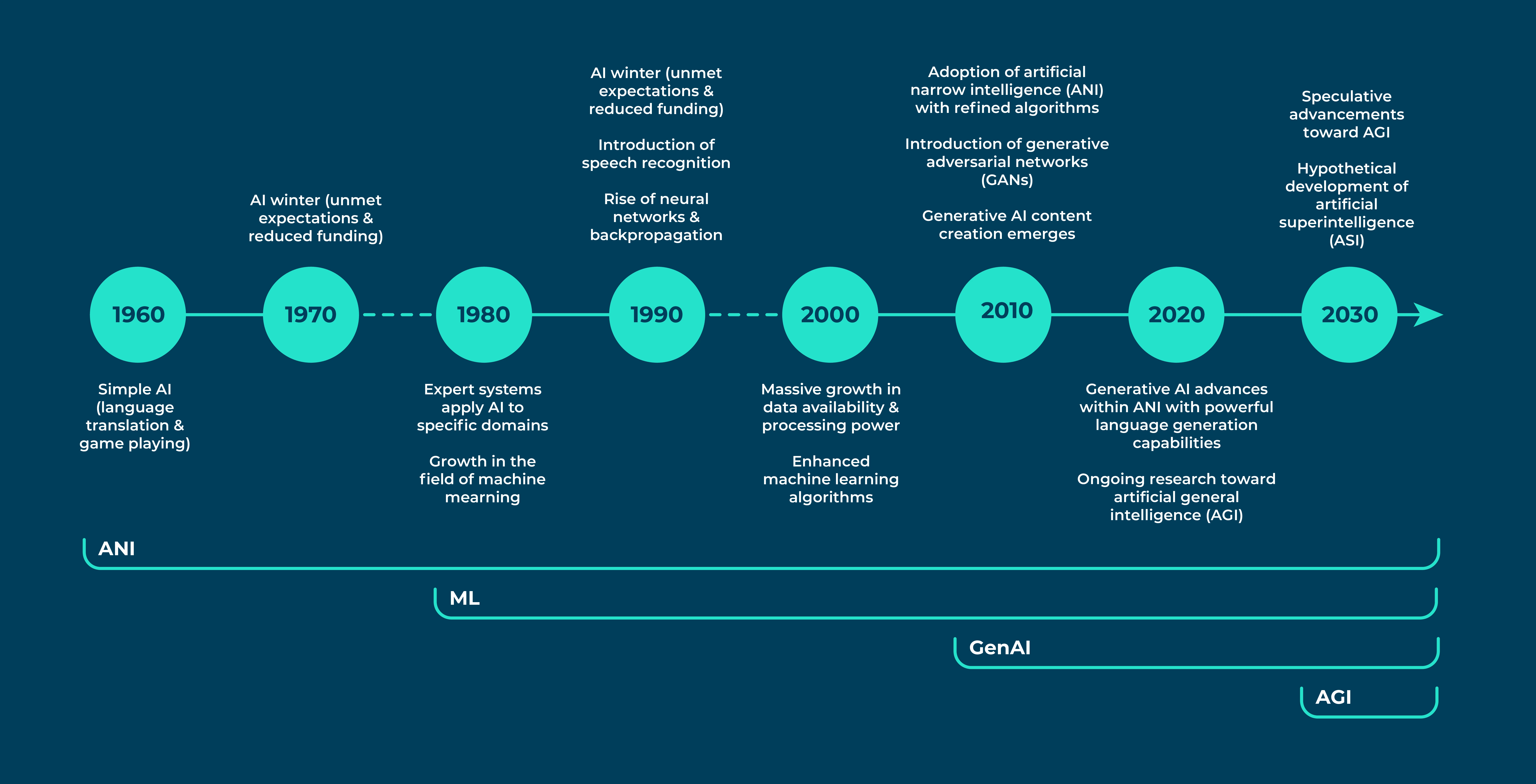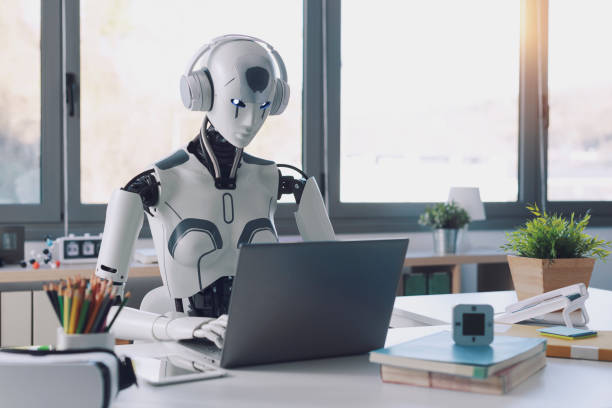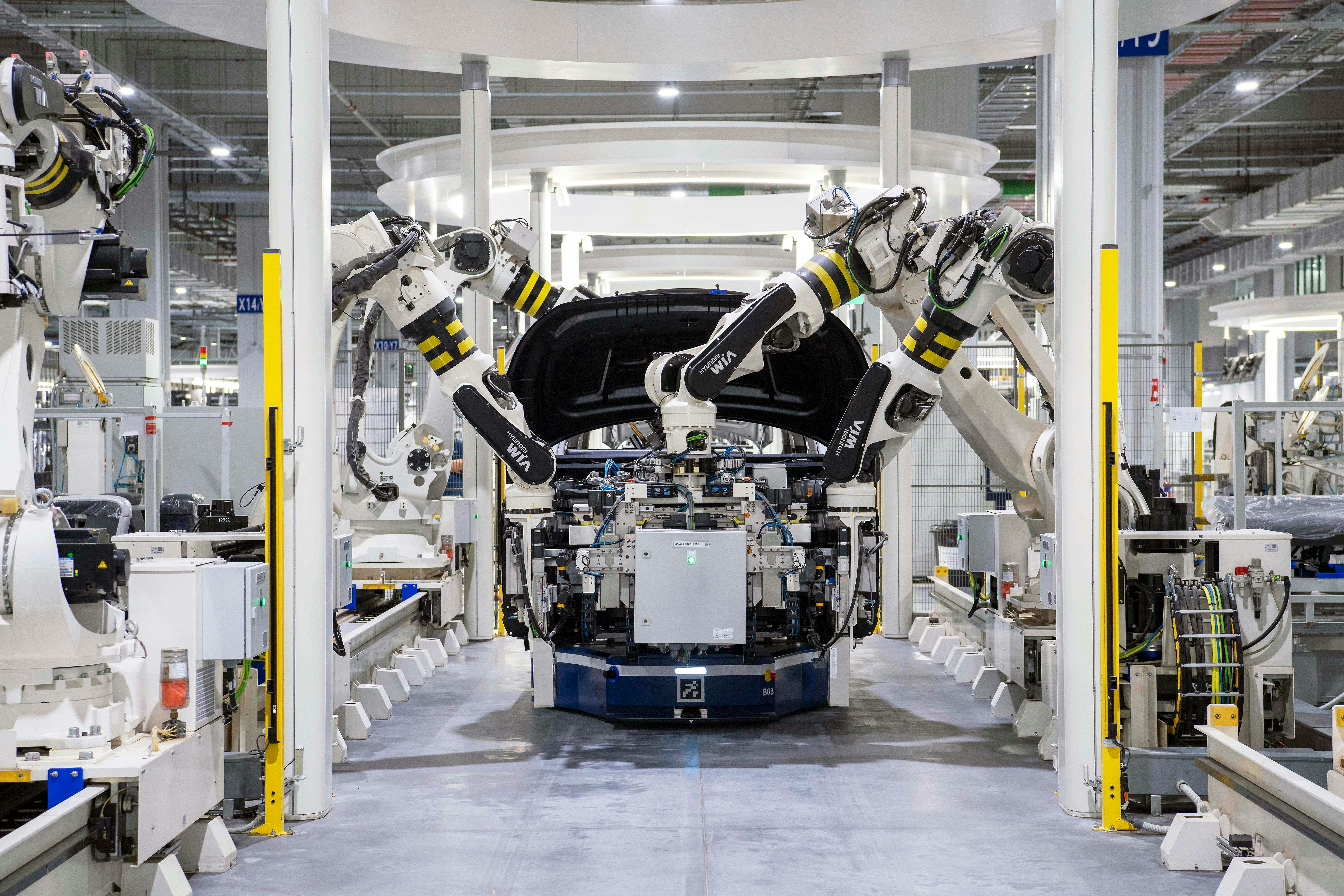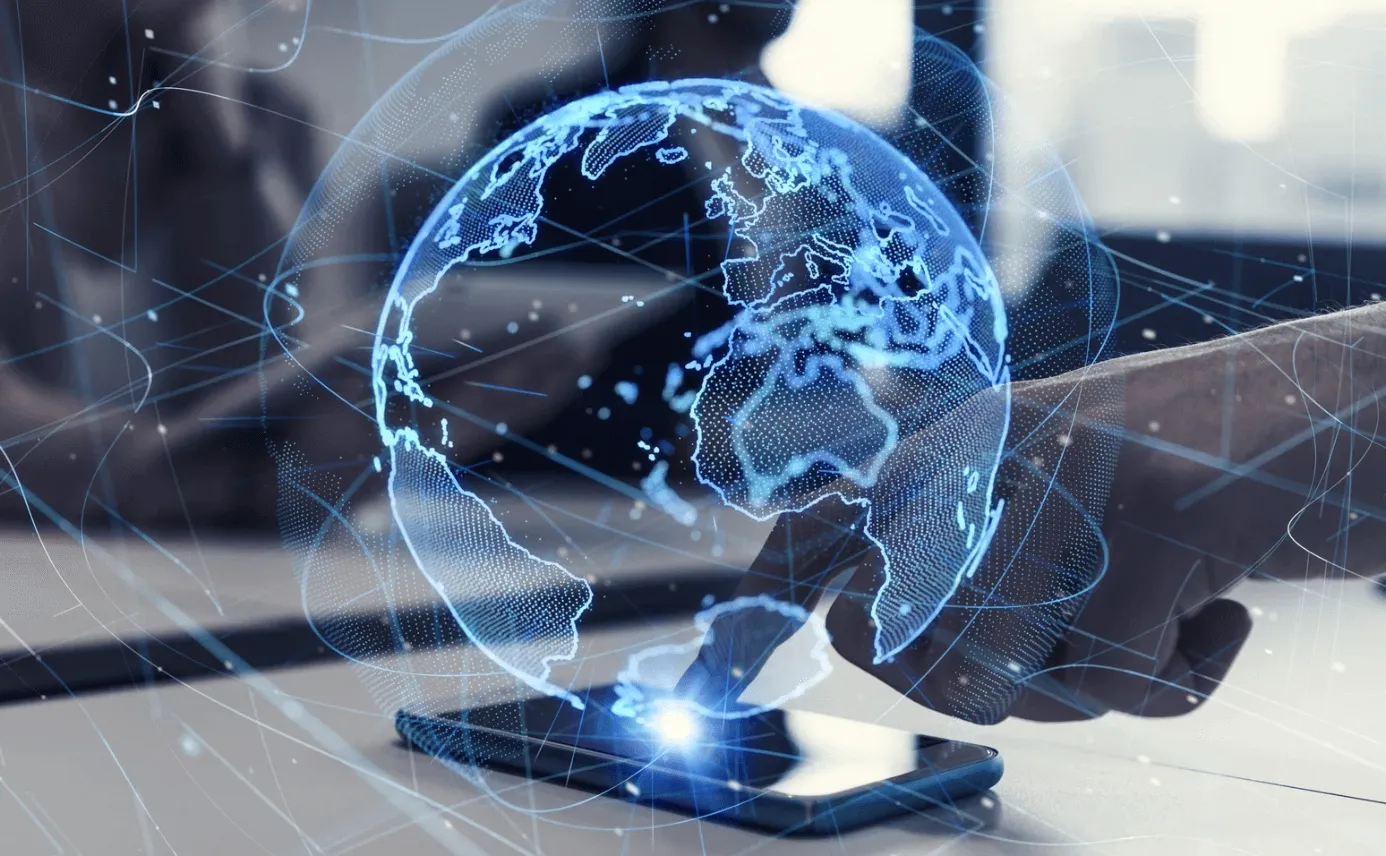
The Evolution of What’s Next: How AI is Shaping Our Future
There’s a rhythm to human curiosity: we look at what we have, wonder what’s next, and then try to build it. But the next frontier isn’t just a shiny gadget, a new app, or the latest electric car. The next frontier is thinking machines that think about us, before we even think about them. Yes, friends, AI isn’t just a tool anymore—it’s the lens through which we’re starting to see the future.
I sat down last week with a barista who moonlights as a philosopher on TikTok. She told me something that struck: “AI isn’t replacing humans, it’s exposing our laziness.” She’s right, in a way. From automated writing assistants to algorithms curating what we see online, AI has become both a mirror and a microscope. It reflects our desires, our biases, and—let’s be honest—our procrastination.
But there’s more than critique here; there’s awe. Consider the leap from IBM’s Deep Blue to AlphaGo. Deep Blue beat Garry Kasparov in 1997—a shocker at the time—but it was chess. AlphaGo? That thing learned centuries of strategy in Go, a game humans have refined for over 2,500 years, and it did it in months.
And now we have generative AI. Chatbots that can write sonnets, paint pictures, compose music, even script your next viral TikTok. Philosopher Nick Bostrom has warned us about AI’s potential risks, while futurists like Ray Kurzweil see it as inevitable evolution—an accelerating point where human intelligence and artificial intelligence converge. It’s heady stuff, and it’s happening in real time.
The Cultural Shockwave
AI is no longer confined to tech labs or sci-fi novels. It’s in our music, our art, our jobs, and even our dating apps. Take DALL·E or MidJourney: suddenly, anyone can create hyper-realistic art without ever touching a paintbrush. AI-generated music is climbing Spotify charts. Even journalism is feeling the tremors, with newsrooms experimenting with automated reporting for everything from finance to sports.
But it’s messy. There’s the legal battle over copyright. There’s the philosophical debate: if an AI writes a symphony, who owns the soul behind it? It’s not a new debate, really. Plato argued about imitation in art; Aristotle pondered creativity. We’re just extending those conversations into silicon and code.
Meanwhile, human creators are adapting. They’re curating AI outputs, collaborating with machines, and finding new avenues for expression. AI isn’t replacing culture—it’s remixing it. Think of it as a DJ of civilization, spinning old tracks with new beats.
The Evolution of Work
Remember when we worried robots would take factory jobs? That was the first act. Now we’re entering act two: AI encroaching on white-collar roles. Lawyers, doctors, copywriters, even CEOs are experimenting with AI tools to streamline tasks. McKinsey reports suggest AI could automate 30% of tasks in 60% of jobs by 2030. That’s not a dystopian prophecy—it’s a reshaping of human focus.
But here’s the twist: humans are now competing with ideas as much as labor. It’s not about who can type fastest; it’s about who can prompt best, who can think critically, who can steer AI without losing sight of ethics, empathy, and nuance. Nietzsche’s notion of the “Übermensch” suddenly feels like a metaphor for the new knowledge worker—someone who rises above the mundane and collaborates with the artificial.
What’s Next?
Predicting AI’s future is a bit like predicting the weather on Jupiter: fun in theory, terrifying in practice. But here are trends that are gaining momentum:
-
Human-AI symbiosis: Expect more tools that enhance human creativity rather than replace it. Think AI co-authors, designers, and personal assistants.
-
Personalized learning: AI tutors could revolutionize education, adapting in real time to your strengths and weaknesses.
-
Ethical AI frameworks: Governments and companies are finally taking ethics seriously, defining rules for bias, privacy, and accountability.
-
AI in governance: Some cities are experimenting with predictive analytics for traffic, health, and social services. Imagine policies informed by data streams rather than politics alone.
And then there’s the philosophical angle: AI will force us to ask uncomfortable questions about consciousness, morality, and our own obsolescence. Are we preparing humans for the new normal, or just digitizing our anxieties?
How to Navigate the AI Revolution
Learn the basics: You don’t need to be a coder. Platforms like contenthub.Guru provide easy guides to understanding AI.
Experiment boldly: Use AI tools for writing, art, or coding. Treat it as a collaborator, not a competitor.
Keep your critical mind: Question outputs, check biases, and understand limitations. AI is smart, not omniscient.
Invest in human skills: Emotional intelligence, creativity, and ethical reasoning are increasingly valuable.
Stay updated: Follow AI news, research papers, and ethical debates. The landscape changes daily.
FAQs
Q: Is AI going to replace human jobs completely?
A: No. AI will automate repetitive tasks but humans will remain essential for strategy, creativity, and ethics. The key is to adapt and work with AI, not against it.
Q: How can I start using AI in my work?
A: Start small. Tools like ChatGPT, DALL·E, and AI-driven analytics platforms can be integrated into daily workflows. Experiment and see what enhances your productivity.
Q: Are there ethical concerns with AI?
A: Absolutely. Bias, misinformation, and surveillance are major concerns. Always consider the source, transparency, and potential impact of AI outputs.
Q: Can AI be creative?
A: AI can generate content and mimic creativity, but the human touch—context, emotion, intent—is still irreplaceable. Think of AI as a creative partner.
In Closing
The evolution of what’s next is messy, exhilarating, and sometimes terrifying. AI is no longer a background actor; it’s a co-star in the human story. It reflects who we are, challenges what we know, and amplifies what we can become. Plato and Nietzsche might not have imagined a world where machines participate in our culture, but perhaps they would have enjoyed the debate—and maybe even collaborated with an AI poet or two.
At contenthub.Guru, we believe in approaching AI with curiosity, caution, and a sense of adventure. Embrace the tools, question the ethics, and—most importantly—keep creating. Because in a world where the next big thing is almost here, the best way to prepare is to show up fully human.
Suggested for You

The Evolution of AI: What's Next in 2025 and Beyond
Reading Time: 6 min
Explore the latest developments in AI, philosophical perspectives, and what the future holds for art...
Read More →
The Next Life: Machines Building Machines and the Dawn of a Post-Human Era
Reading Time: 6 min
Explore the evolution of a world where machines build machines. From AI pioneers to cultural shifts,...
Read More →
The Next Frontier: Navigating the Evolution of the Internet
Reading Time: 6 min
Explore the future of the internet, from AI advancements to digital transformation, and how it's res...
Read More →.jpg?alt=media&token=eee8c90a-78da-4e81-9501-45f53adb6eb3)
Meta’s New Smart Glasses: Ray-Ban Display, Oakley Vanguard & the Birth of “Personal Superintelligence”
Reading Time: 6 min
Meta launches its first smart glasses with built-in display and neural wristband. Celebrating design...
Read More →
Comments